News & Events
Latest News
Congratulations to Raphael Kudela who was elected as a 2024 American Association for the Advancement of Science (AAAS) Fellow.
New research shows that whales move nutrients thousands of miles—in their pee and poop—from as far as Alaska to Hawaii, supporting the health of tropical ecosystems and fish. Ocean Sciences professor Ari Friedlaender contributed his marine-mammal expertise to the study, which was published on March 10, 2025 in the journal Nature Communications. View the full story here.
The Science paper, “Nitrogen-fixing organelle in a marine alga,” published in Science on April 12, 2024, written by UCSC Ocean Scientists; Jon Zehr (Emeriti), Kendra Turk-Kubo (Assistant Professor), and postdocs Tyler Coale and Esther Mak, has won the 2025 AAAS Newcomb Cleveland Prize Please see, this article,for more information. Congratulations to them all for this achievement!
Our seminars
The Ocean Science Department hosts speakers from external institutions and from UCSC to share their research in 1-hour seminars. The seminars are held on Friday’s at 10:40AM in Natural Sciences Annex 101 during Fall, Winter, and Spring quarters.
- September 26, 2025
-
-
Ocean Science Seminar
September 26, 2025 10:40 am - 11:45 am
See more details
-
- October 3, 2025
-
-
Ocean Science Seminar
October 3, 2025 10:40 am - 11:45 am
See more details
-
- October 10, 2025
-
-
Ocean Science Seminar
October 10, 2025 10:40 am - 11:45 am
See more details
-
Department News

AAAS names UC Santa Cruz organelle discovery most outstanding paper in 2024
The discovery by UC Santa Cruz researchers of a new organelle within single-celled algae that converts nitrogen gas into ammonia continues to be celebrated by the science community, this time by winning the prestigious AAAS Newcomb Cleveland Prize.

“An Aesthetics of Resilience” fosters interdisciplinary conversations and research
https://news.ucsc.edu/2024/09/aesthetics-of-resilience.html

Scientists discover first nitrogen-fixing organelle
https://news.ucsc.edu/2024/04/nitrogen-fixing-organelle.html

Ecological Society of America names Dan Costa a lifetime fellow
Dan Costa, distinguished professor of ecology and evolutionary biology and director of UC Santa Cruz’s Institute of Marine Sciences, has been named a 2024 Fellow of the Ecological Society of America.
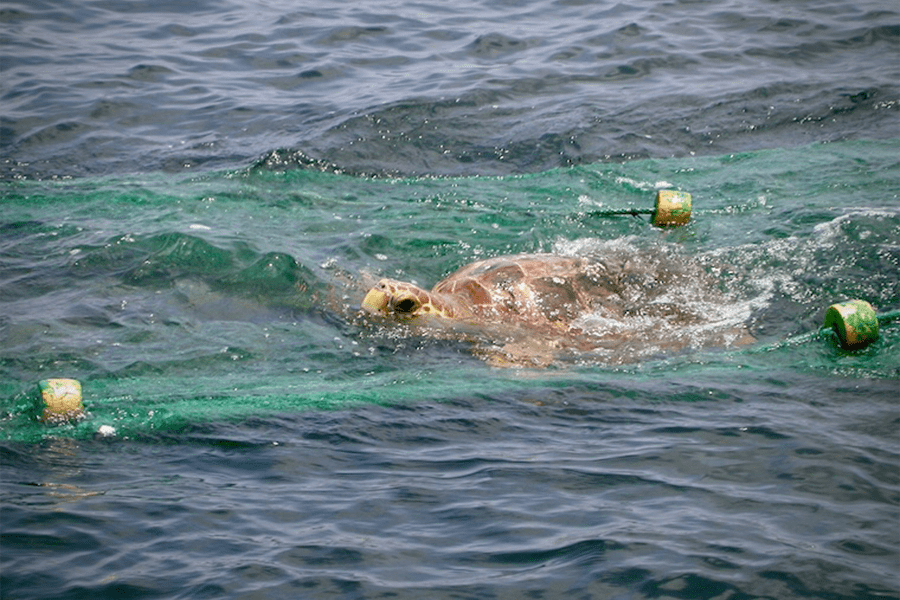
Industrial fishing poses greater risk to marine life due to untracked activity, UC Santa Cruz researchers find
A new study led by a scientist at UC Santa Cruz’s Institute of Marine Sciences finds that blue whales, tunas, and other top predators in the northeast Pacific Ocean face greater risk of harm from industrial fishing than previously thought.
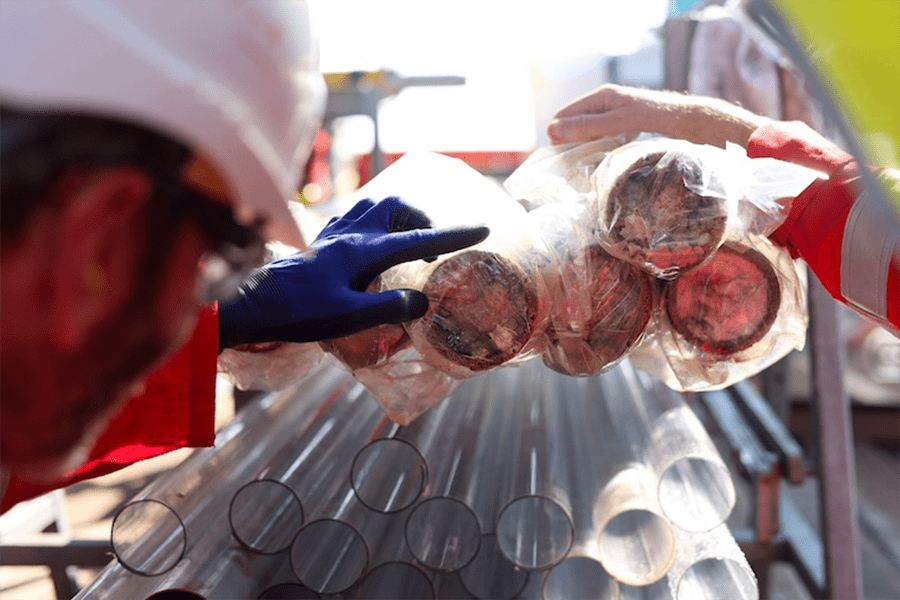
Scientists begin to crack open climate-change riddles hiding in ancient coral
An international team of researchers on an expedition co-led by UC Santa Cruz Professor Christina Ravelo collected cores of fossil coral off the coast of Hawai’i to look for signs of climate and sea-level change over the past half million years.
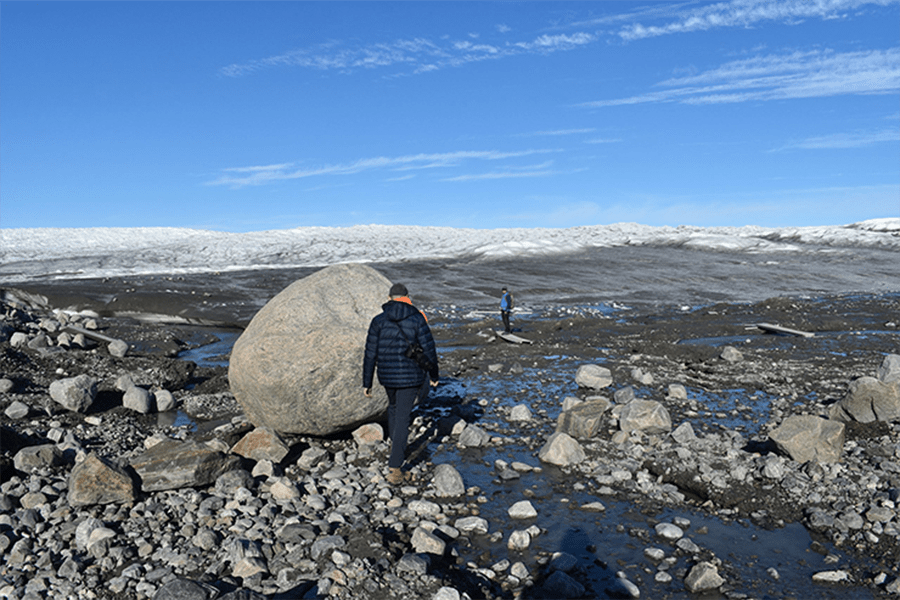
A new 66 million-year history of carbon dioxide offers little comfort for today
A massive new review of ancient atmospheric carbon-dioxide levels and corresponding temperatures lays out a daunting picture of where the Earth’s climate may be headed.
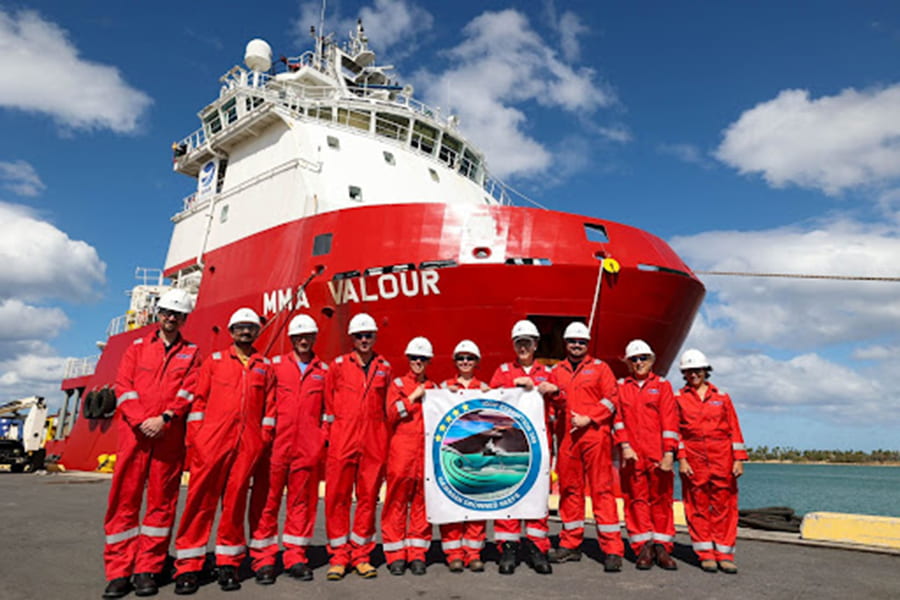
Scientists use Hawaiian fossils to study the past and future of climate change
This month, an international team of researchers returned to shore after a two-month-long ocean expedition exploring fossil coral reefs off the coast of Hawai’i. The fossils provide a record of past climate conditions, so scientists are using them to learn about environmental changes throughout geologic history and make predictions about the future
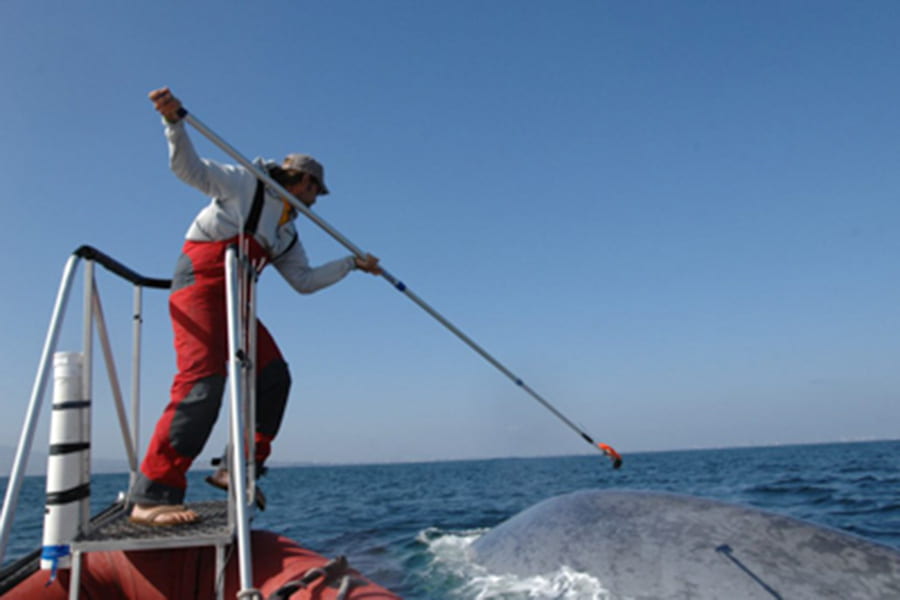
Five UC Santa Cruz projects win California Climate Action Grant funding
Millions of dollars in new funding will support UC Santa Cruz and partners in tackling some of California’s toughest climate change challenges through innovative research and community engagement
